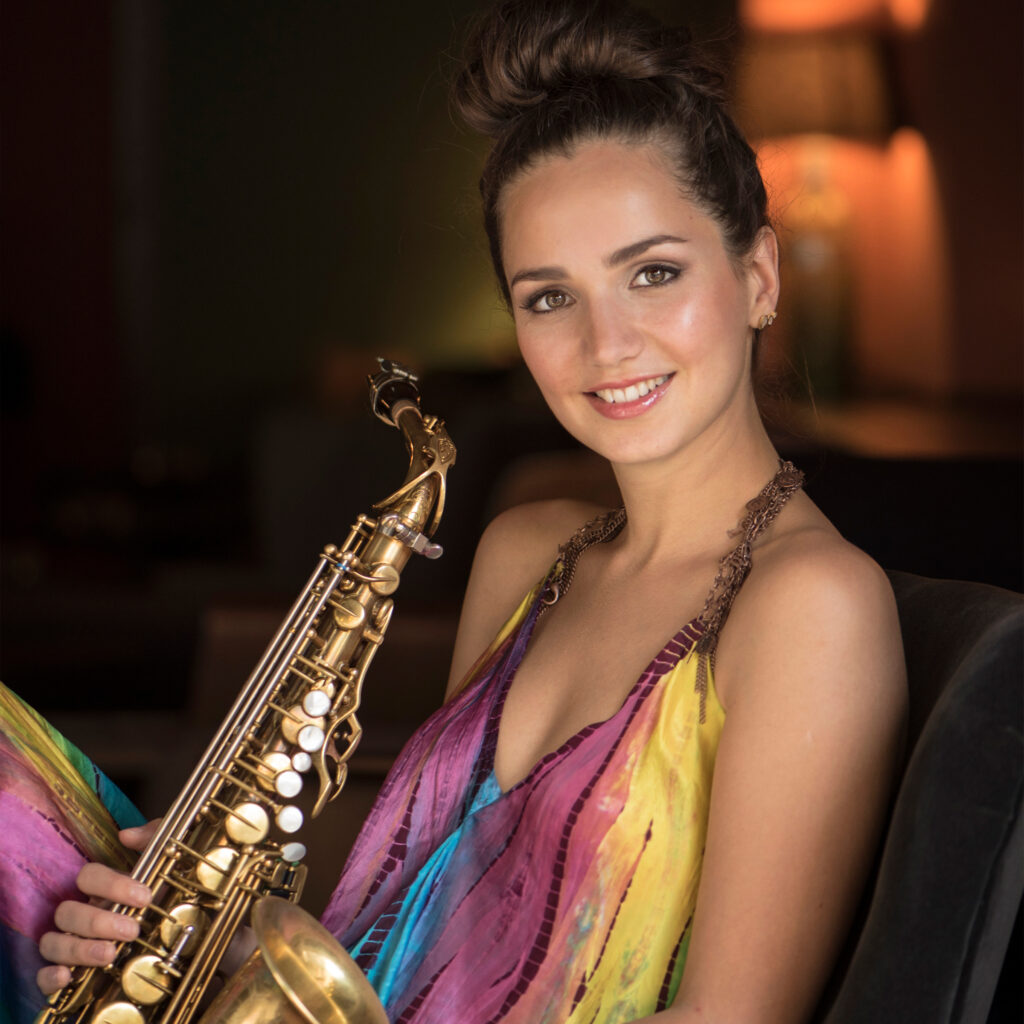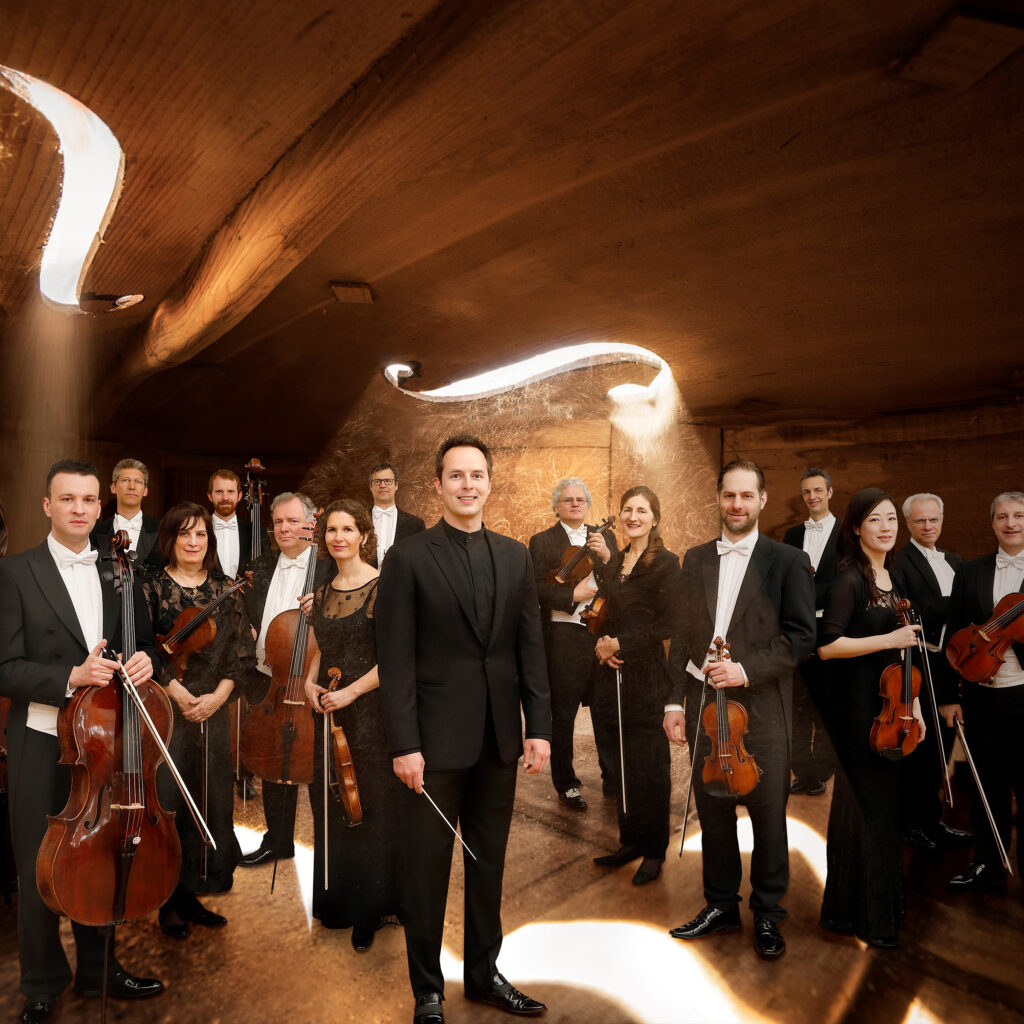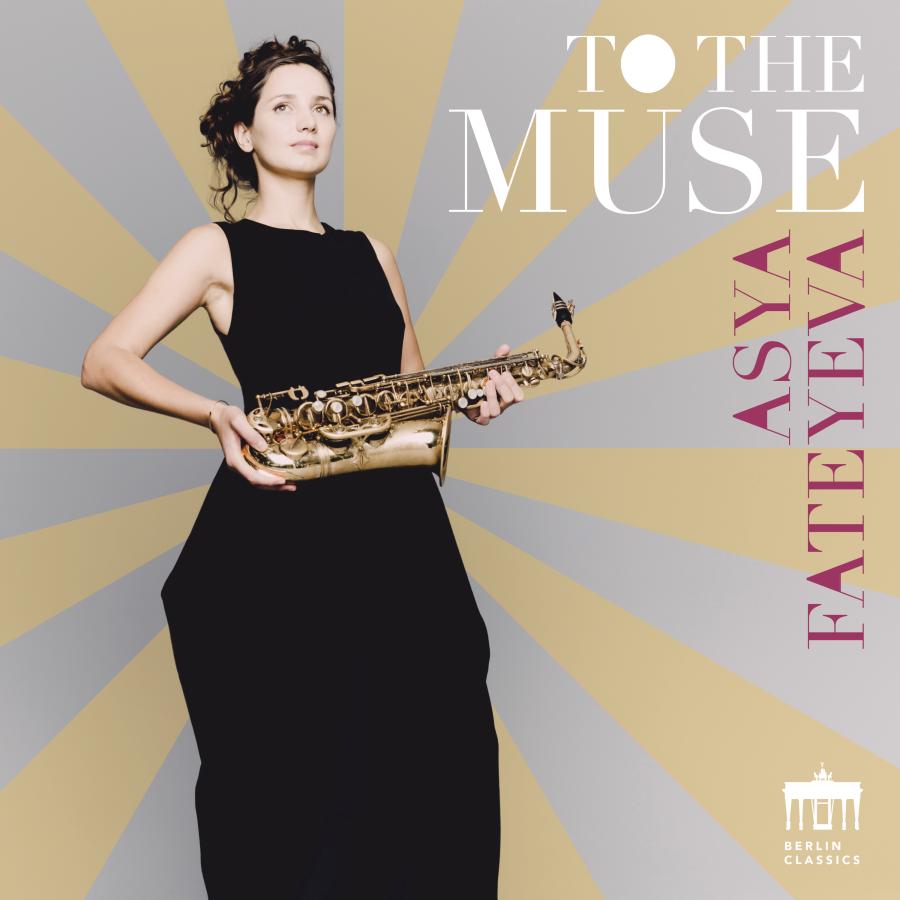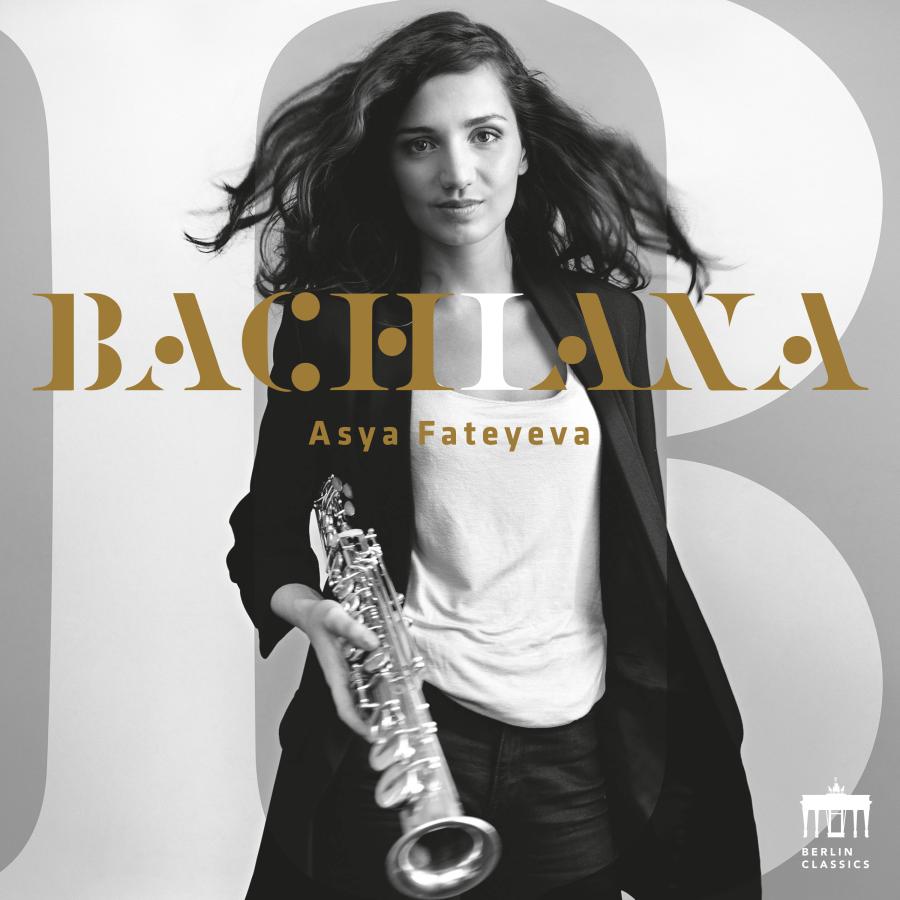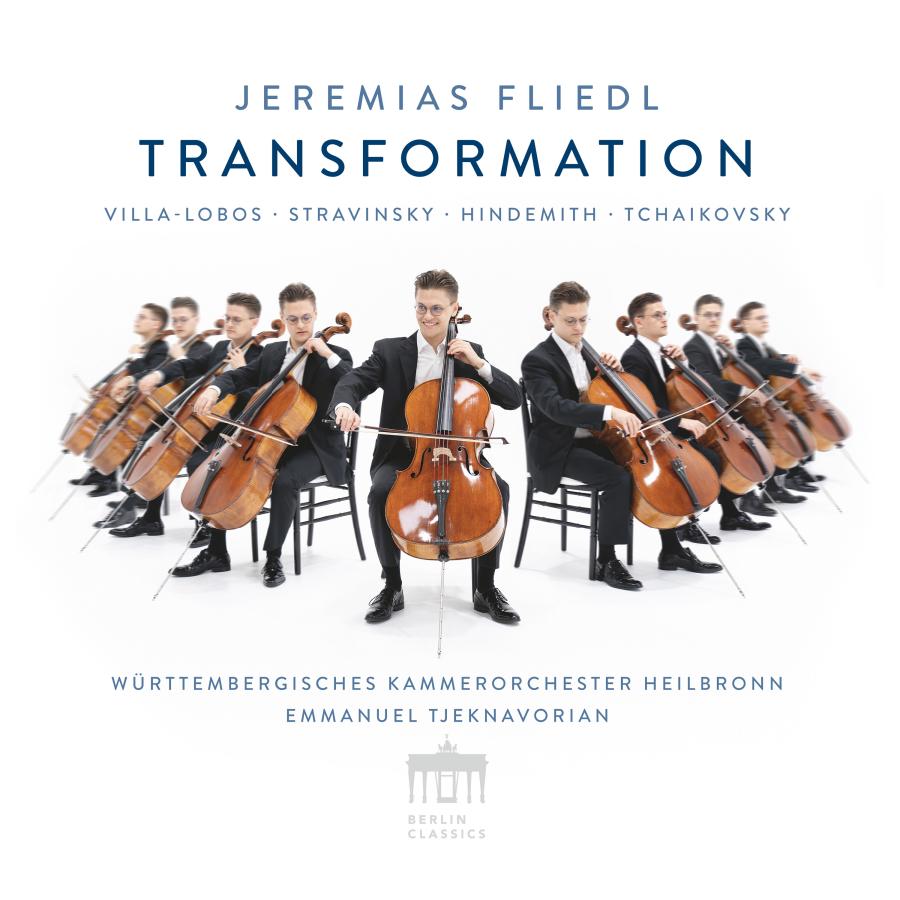Even purists would weaken, wrote the Berliner Zeitung, commenting on Asya Fateyeva’s second release “Bachiana” featuring pieces by Bach in her adaptations for the saxophone – an instrument which did not exist in Bach’s day. On her new CD, the soloist again steps off the beaten track. This time she explores the world of the carnival, its dramas, its figures, its constantly surprising human entanglements. The saxophone is the ideal instrument, says Fateyeva: “The title ‘Carneval’ captures the spirit of the saxophone. It loves to dress up, take on new personalities, try out various styles and play the part of other instruments.”
Thanks to this fluid personality, Asya Fateyeva is able to tell no end of different stories on “Carneval” – stories of love, of friendship, and of death too. Casting her figures as if in an opera, she has given different parts to soprano, alto and tenor saxophone, showing how close her instrument can come to the human voice. “Massenet, Bizet and many other composers used the saxophone to conjure up a special, lyrical colour,” says Asya. “Carneval” is her exploration into the history of her instrument, which found its place in the orchestra pits of Paris theatres soon after its invention in the nineteenth century. “The saxophone was soon needed for music drama, ‘dressing up’ to match the action on stage,” comments Asya.
Fateyeva and her saxophone play the part of the luckless Charlotte in Massenet’s Werther; in the famous “Flower Duet” they embody the Indian princess Lakmé from the opera of that name by Delibes. Scaramouche, the “king of the braggarts” as composer Darius Milhaud describes the classic clown from the Commedia dell’arte, springs to life in Asya’s hands. Milhaud dedicated a work of that name to this swashbuckling figure of popular culture, heard on “Carneval” in an arrangement for wind quintet and saxophone. The album features “Vesti la giubba” (on with the motley) from Ruggero Leoncavallo’s opera Pagliacci along with Sergey Prokofiev’s 1935 ballet suite “Romeo and Juliet”, parts of which Prokofiev composed in Paris. Just one year earlier, also in the French metropolis, Alexander Glazunov had written his Concerto for saxophone and string orchestra, and this is another work that Asya Fateyeva has selected for her album, playing it with a new cadenza specially written for her. There are also two contemporary operatic fantasias on “Carneval”: “Opera Fantasy” by Christian Lauba and “Verdiana” by Alexey Shor.
This merry role-play is Asya Fateyeva’s way of capturing the changeable nature of her unique instrument: “Reactions [to the saxophone] that I often hear are: It sounded like a flute, an oboe, a horn, a human voice. Yes, the saxophone can and will be that and much more.” Hector Berlioz would surely agree with her, having once said: “In my view, the special value of [saxophones] lies in the many facets of their expressive beauty: now solemnly serious and calm, now passionate, then pensive or melancholy like a fading echo or the indefinite laments of grief within a whale […]. No other musical instrument that I know possesses this strange sound that stretches to the bounds of silence.”
About Asya Fateyeva
Born in the Crimea in 1990, Asya Fateyeva cultivates a broad repertoire. It encompasses original works for her instrument alongside arrangements of Baroque, Classical and Romantic pieces. The young musician has considerable experience in adapting compositions for her instrument and it is her aim to give the classical saxophone an even more secure place in musical life. As a tenor saxophonist, she was a permanent member of the renowned Alliage Quintet. The artist, who has made her home in Hamburg, has been teaching classical saxophone at the College of Music in Münster since 2014.
Asya Fateyeva has a strong track record in music competitions. In 2014, as the first woman ever to rise so high, she reached the final of the celebrated International Adolphe Sax Competition in Belgium, where her playing won her an impressive third place. Alongside success in numerous international contests, she won the 2012 German Music Competition. She has been a German Musical Life Foundation scholarship holder since 2006, also receiving the Gerd Bucerius Bursary of the ZEIT Foundation. Asya Fateyeva was awarded the Berenberg Arts Prize in 2015; in October 2016 she won the ECHO Klassik award as best young female artist.




